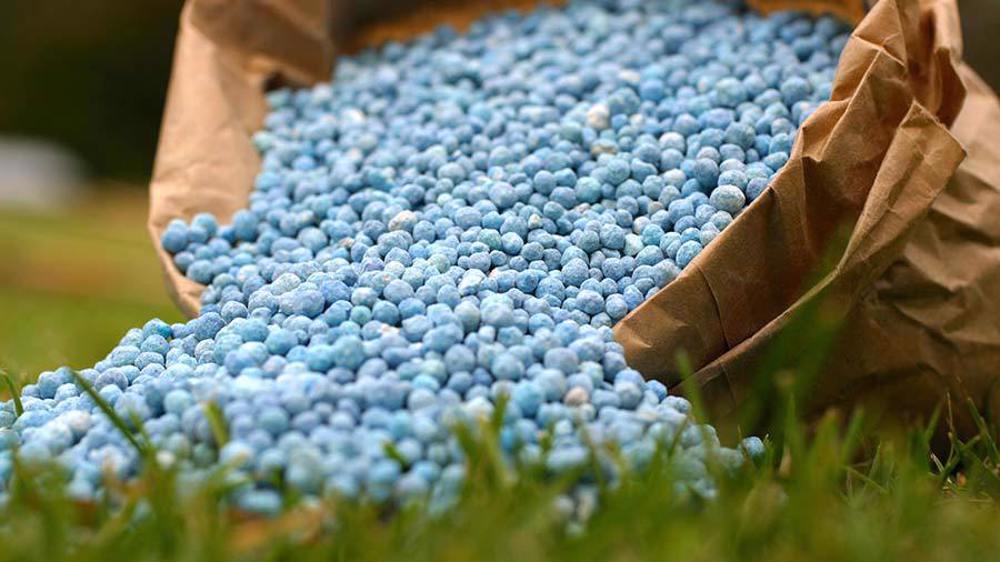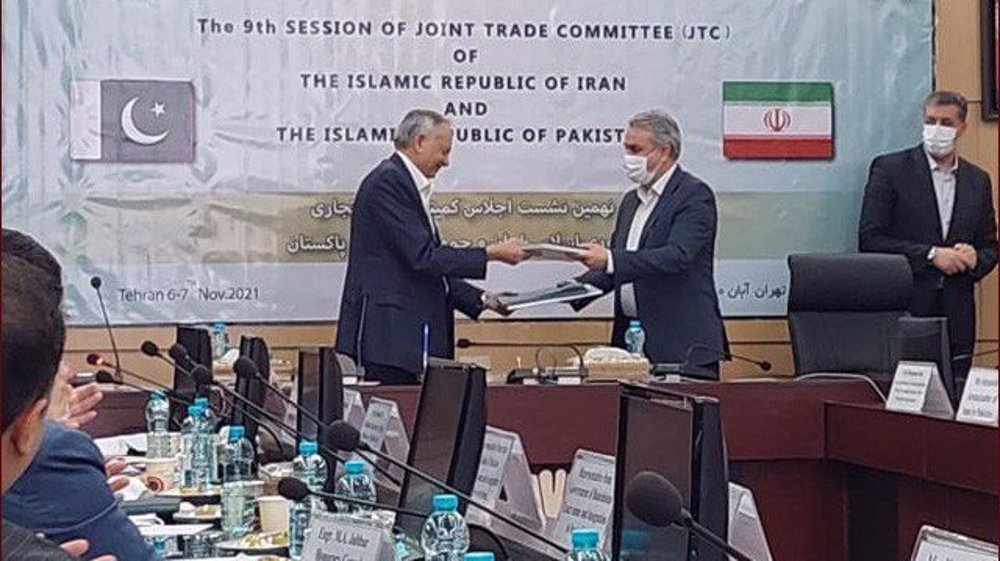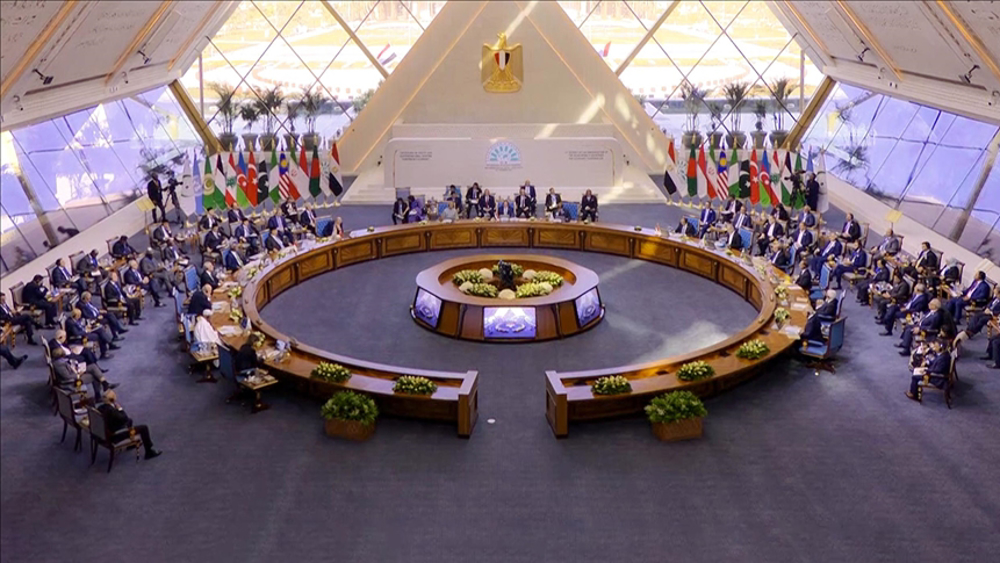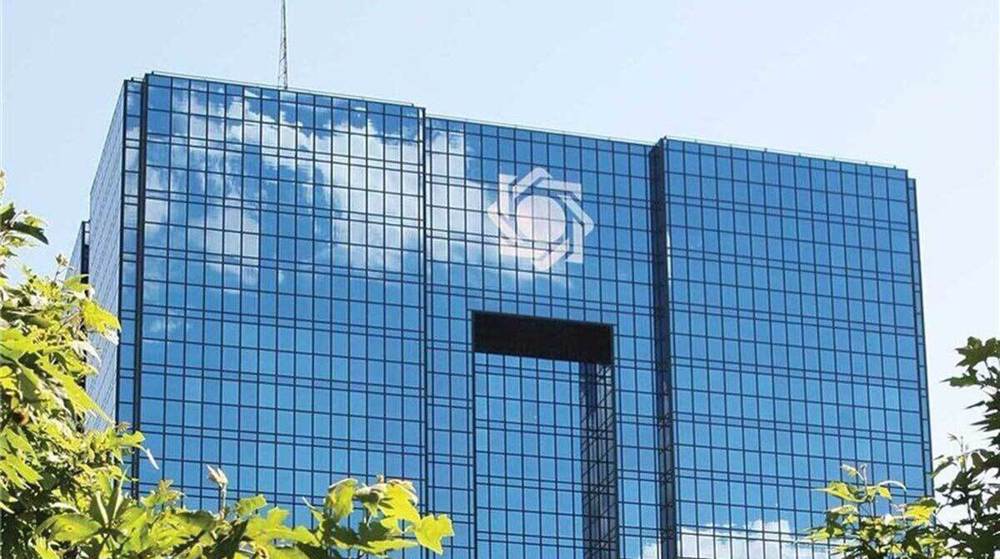Iran’s barter trade bypassing US sanctions gains momentum
Iran’s campaign to bypass US-led sanctions is moving into higher gear as more countries, especially in Asia and Latin America, soften up to barter trade with the Islamic Republic.
Multiple sanctions by the US and Europeans choking Iran's access to global banking channels with the aim of damaging its economy and disrupting the country's key trade activities have prompted Tehran to explore new modes of trade and barter has emerged as the most viable conduit.
Last week, CNN speculated that Russia may have to turn to a trusted ally with more than four decades of experience with Western embargoes, meaning Iran, as Moscow faces unprecedented sanctions on virtually all sectors of its economy.
Until the Ukraine war, Iran was the most sanctioned country in the world, according to Castellum.Ai, which tracks sanctions. Russia now holds that record and the two countries are in what analysts call "a marriage of convenience" that is likely to grow stronger as the war in Ukraine escalates, the American broadcaster said.
"Common interests in helping the other evade sanctions are important to these dynamics in Russia-Iran relations," it cited Giorgio Cafiero, CEO of Persian Gulf State Analytics in Washington DC, as saying.
Last month, Russian Transport Minister Vitaly Savelyev said his country was "studying the case of Iran" to help it deal with sanctions on maintenance and spare parts. Iran still operates some planes purchased before the 1979 Islamic Revolution that toppled a West-friendly regime in the country.
"This bilateral relationship will likely grow stronger as the war in Ukraine rages on, especially if the Vienna talks fail to revive the JCPOA," Cafiero added, referring to the 2015 deal the former Trump regime abandoned.
Cariero noted that the West’s hostility will bring Russia closer to Iran and make Tehran useful to Moscow. According to CNN, after decades of Western economic constraints, the Islamic Republic has become a master of circumventing the most draconian sanctions ever imposed on a country. Today, Russia is living a similar experience as the West clamps down on Moscow in an effort to cripple its economy.
“Can Russia follow Iran's lead to circumvent Western sanctions? Some analysts say it already is,” the broadcaster said.
During a two-day visit to Moscow in January, Iranian President Ebrahim Raeisi shared that the two countries had discussed monetary and banking issues and agreed to remove trade barriers to increase trade to $10 billion a year.
Commercial exchanges between the two countries hit a new record in 2021, exceeding the equivalent of $4 billion. Russian exports to Iran accounted for over $3 billion, while Russian imports from Iran reached $967.3 million, according to media reports.
"The two countries can take steps to break the dominance of the dollar over monetary and banking relations and trade with the national currency," Raeisi said during his visit.
Nearly 80 percent of trade between Russia and Iran currently consists of agricultural products. Russia exports grains and oilseeds to Iran and imports Iranian fruits and vegetables, dried fruits and nuts.
Vice-Governor of Iranian Central Bank Mohsen Karimi said earlier this month that Iran is willing to trade with Russia in national currencies and agreements on this arrangement already exist.
Last November, Iran and Pakistan clinched a barter trade agreement during the meeting of their Joint Economic Committee in Tehran.
Pakistan was Iran’s eighth-largest trade partner in 2008–09, prior to the intensification of sanctions on Tehran, but the bilateral trade of some 1.3 billion at the time could not withstand the negative impact of the sanctions. The two countries are now working to reverse this trajectory, and through the new barter mechanism they are optimistic to solve enough obstacles to increase annual trade to 5 billion by 2023.
During Adviser to Prime Minister of Pakistan for Commerce and Investment Abdul Razak Dawood’s visit to Tehran in December, the two sides signed their first barter trade agreement to exchange Pakistani rice with Iranian LPG.
Other countries are joining the bandwagon. On Tuesday, Iran’ deputy agriculture minister Mohammad Qorbani said agreements have been reached with the Central Asian nations of Uzbekistan and Kazakhstan to start barter trade.
The Islamic Republic is also stepping up commercial exchanges with Brazil. Qorbani said their agriculture ministers had agreed to a new barter arrangement.
Brazil, he said, has welcomed imports of fresh apples, nuts, herbs and saffron from Iran, which will help balance out trade deficit between the two countries.
According to the minister, Iran levies only 4% import duty on Brazilian goods exports, while Brazil has about 120% custom duty on imported products. Tehran hopes the new agreement will help reduce the imbalance, he said.
Iran exports $100 million worth of goods to Brazil a year against $500 million-$800 million in imports from the Latin American nation. It ships 300,000-400,000 tonnes of urea to Brazil a year, but the figure will to rise to 2 million tonnes in two years, Qorbani said.
Iran began sending test cargoes to Brazil, a new market for Iranian petrochemicals exports, in mid-2019 but the trade ran into trouble when Iranian vessels were stranded at Brazilian ports for weeks after state-run oil firm Petrobras refused to sell them fuel due to sanctions imposed by the US.
In February, Brazil's Agriculture Minister Tereza Cristina traveled to Tehran where she signed agreements with the Iranian National Petrochemical Company, NPC, on prospects for Iran to triple its urea shipments to Brazil.
Cristina confirmed Brazil's interest in more Iranian urea and highlighted the quality of the Iranian fertilizer.
At the Brazil-Iran Business Forum in Tehran, she said Iran had become the largest client of Brazilian agriculture in the Middle East, importing soy-derived products, corn, and meat. However, Brazil is interested in expanding its exporting portfolio to include cotton, rice, and sugar.
Likewise, Brazil is prepared to increase purchases in Iran such as walnuts, chestnuts, and dried fruits and acquire other products such as saffron, pistachio and wheat, she said.
Cristina underlined that barter trade is an excellent option for shipping grains and other commodities to Iran and returning with urea and other petrochemicals to Brazil in the same vessels.
D-8’s role in Iran’s economy after Cairo summit
China slams US as ‘war-addicted’ threat to global security
China ‘firmly opposes’ US military aid to Taiwan
VIDEO | Press TV's News Headlines
President Yoon Suk Yeol to be removed from office
At least 19 Gazans killed by Israeli airstrikes since dawn: Medics
Leader: Iran neither has nor needs proxy forces
US fighter aircraft shot down ‘in friendly fire’ amid aggression on Yemen











 This makes it easy to access the Press TV website
This makes it easy to access the Press TV website